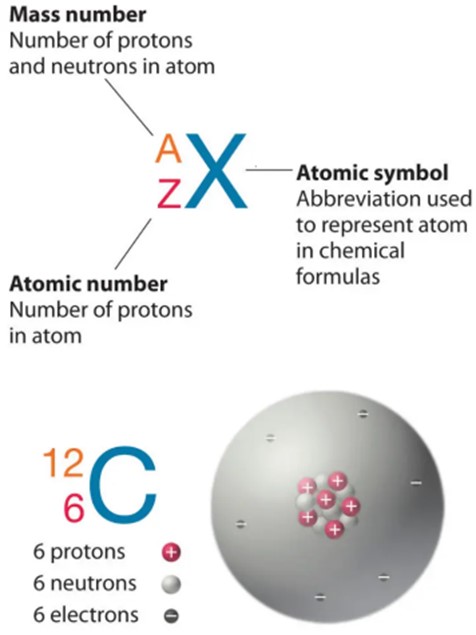A myocardial infarction affects which of the following blood vessels of the heart?
Coronary
Aorta
Pulmonary
Vena cava.
The Correct Answer is A
A myocardial infarction, commonly known as a heart attack, occurs when blood flow decreases or stops in the coronary artery of the heart, causing damage to the heart muscle.
Choice B is incorrect because the aorta is not a blood vessel of the heart.
The aorta is the main artery that carries oxygenated blood from the heart to the rest of the body.
Choice C is incorrect because the pulmonary blood vessels are not affected by a myocardial infarction.
The pulmonary blood vessels carry deoxygenated blood from the heart to the lungs.
Choice D is incorrect because the vena cava is not a blood vessel of the heart.
The vena cava is a large vein that carries deoxygenated blood from the body to the heart.
Nursing Test Bank
Naxlex Comprehensive Predictor Exams
Related Questions
Correct Answer is A
Explanation
Melanin is a pigment produced by cells called melanocytes in the skin.
It protects the skin from ultraviolet (UV) radiation by absorbing and dissipating over 99.9% of absorbed UV radiation.
This helps to prevent DNA damage and other adverse effects of UV radiation on the skin.
Choice B. Perspiration is not correct because it is a fluid produced by sweat glands in the skin that helps to regulate body temperature, but it does not protect the skin from UV radiation.
Choice C. Sebum is not correct because it is an oily substance produced by sebaceous glands in the skin that helps to lubricate and protect the skin, but it does not protect the skin from UV radiation.
Choice D. Keratin is not correct because it is a fibrous protein that provides strength and durability to the skin, hair and nails, but it does not protect the skin from UV radiation.
Correct Answer is B
Explanation
The atomic number of an atom is equal to the number of protons in its nucleus. In this case, the atom has 12 protons, so its atomic number is.

Choice A, 24, is not the correct answer because it represents the sum of the number of protons and neutrons in the atom’s nucleus, which is known as the mass number.
Choice C, 1, is not the correct answer because it does not represent the number of protons in the atom’s nucleus.
Choice D, 144, is not the correct answer because it represents the square of the mass number and does not represent any property of the atom.
Whether you are a student looking to ace your exams or a practicing nurse seeking to enhance your expertise , our nursing education contents will empower you with the confidence and competence to make a difference in the lives of patients and become a respected leader in the healthcare field.
Visit Naxlex, invest in your future and unlock endless possibilities with our unparalleled nursing education contents today
Report Wrong Answer on the Current Question
Do you disagree with the answer? If yes, what is your expected answer? Explain.
Kindly be descriptive with the issue you are facing.
